Batting Position: Batting is an art that requires a combination of technical skill, mental strength, and adaptability. In cricket, different batting positions bring unique challenges, with the level of difficulty varying depending on the match format, pitch conditions, and the quality of the opposition. While all positions demand a high level of expertise, some are considered more challenging than others. This article explores the intricacies of batting positions, analyzing why certain positions are tougher and ultimately identifying the most challenging role in a cricket lineup.
Understanding Batting Positions
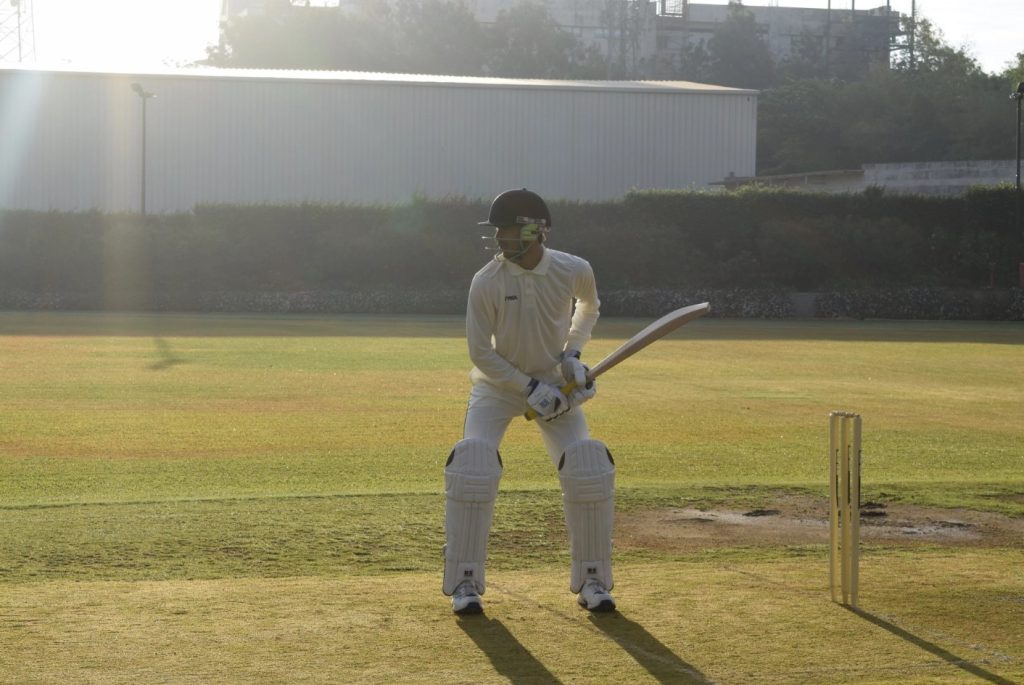
Before delving into the challenges, it is essential to outline the key roles associated with various batting positions. In a standard cricket lineup, the batting order typically comprises:
| Position | Role | Key Responsibilities |
|---|---|---|
| 1-2 (Openers) | Set the foundation, negotiate the new ball | Face fresh bowlers, counter swing and seam movement. |
| 3 (One-Down) | Stabilize the innings | Adapt to early collapses or continue a strong start. |
| 4-5 (Middle Order) | Build partnerships, handle pressure | Counter spinners, anchor the innings if needed. |
| 6-7 (Lower Middle Order) | Aggressive stroke play | Accelerate scoring, support tailenders. |
| 8-11 (Tailenders) | Defensive batting, occasional hitting | Contribute vital runs, support established batters. |
Criteria for Difficulty
Batting Position: To assess the most challenging batting position, the following criteria are considered:
- Nature of Bowling Faced: Quality of bowlers and conditions.
- Pressure Levels: Situational demands, such as chasing targets or rebuilding after collapses.
- Adaptability Required: Ability to handle varied game scenarios.
- Skill and Temperament: The need for technical prowess and mental resilience.
The Contenders for Most Challenging Position
Several positions can be debated as the most challenging, each presenting its own set of obstacles:
1. Opening the Batting (Positions 1 and 2)
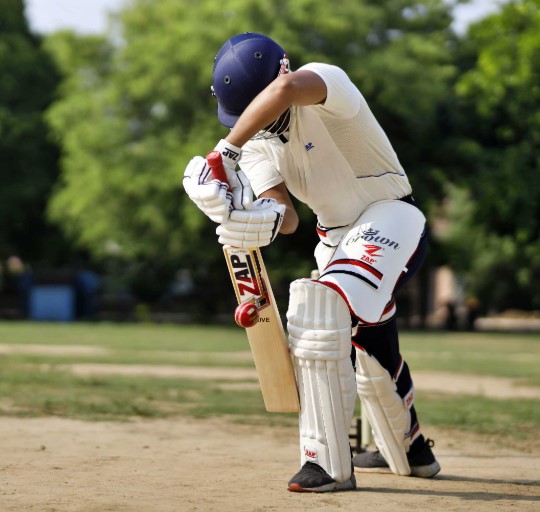
Openers have one of the toughest jobs in cricket, particularly in Test matches. They must:
- Face the New Ball: New balls offer swing and seam movement, making it difficult to predict trajectories.
- Combat Fresh Bowlers: Fast bowlers are at their peak early in the innings, with optimal energy levels and speed.
- Set the Tone: Their performance lays the foundation for the entire innings.
| Challenges for Openers | Details |
|---|---|
| New Ball Movement | Swing and seam make the ball harder to negotiate. |
| Fresh Bowlers | Facing bowlers at their fastest and most aggressive. |
| High Expectations | Required to build a strong platform for the team. |
2. One-Down (Position 3)
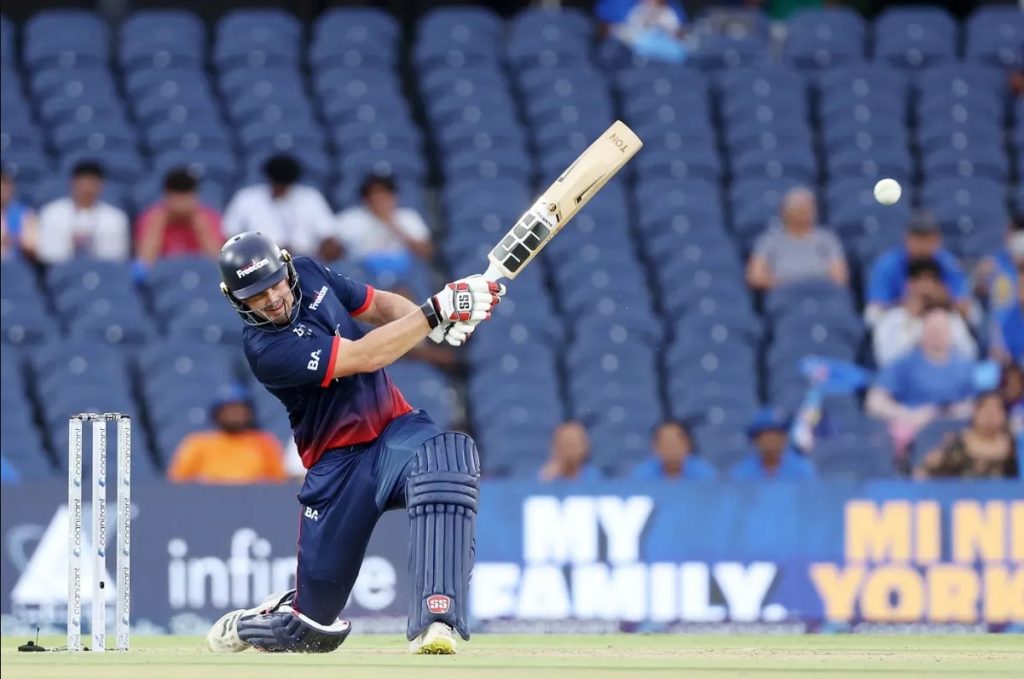
The number three batter, or one-down position, is critical to stabilizing the innings. They often:
- Walk in Early: If an opener falls quickly, the number three batter faces the new ball.
- Adaptability: They must shift between defensive and aggressive styles depending on the situation.
- Anchor the Innings: They are expected to build partnerships and play long innings.
3. Middle Order (Positions 4 and 5)
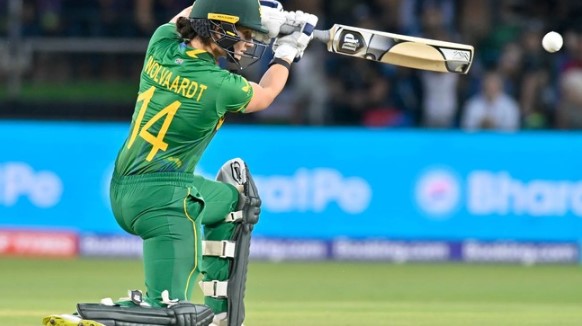
Middle-order batters have the responsibility of:
- Building Partnerships: Consolidating the innings after the top order.
- Handling Spinners: Often face spin bowlers on turning pitches.
- Balancing Defense and Aggression: Adapting to match situations.
4. Lower Middle Order (Positions 6 and 7)
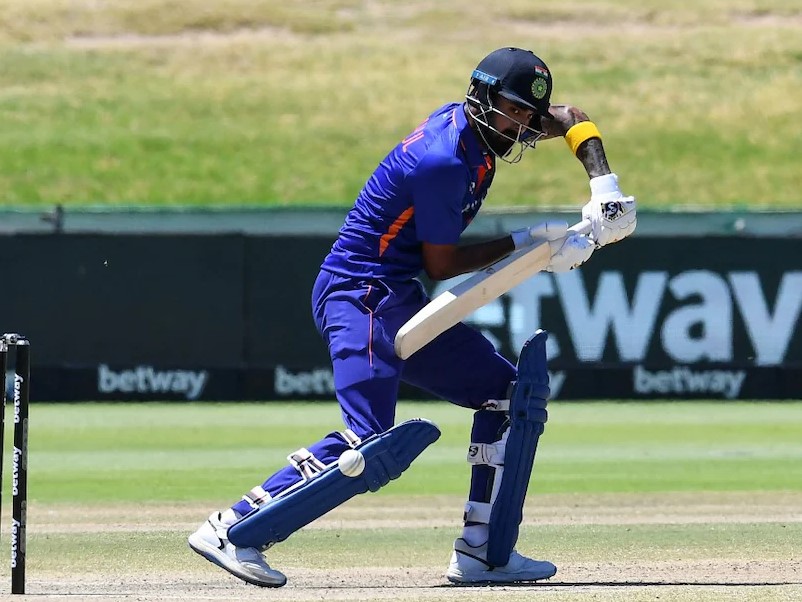
Lower-middle-order players are known for their aggressive stroke play and adaptability:
- High Pressure: Often tasked with chasing targets or rebuilding.
- Supporting the Tail: Balancing aggression with ensuring the tailenders are protected.
Statistical Insights
Batting Position: An analysis of batting averages across positions in Test cricket provides insight into their relative difficulty:
| Position | Average Batting Performance | Remarks |
|---|---|---|
| Openers | 35-40 | Challenging due to new ball and fresh bowlers. |
| One-Down | 40-45 | Slightly easier but demands high adaptability. |
| Middle Order | 40-50 | Often face older ball; still demands skill. |
| Lower Order | 20-30 | Pressure situations and exposure to tailenders. |
Why Opening the Batting is the Most Challenging
Among all batting positions, opening the batting is widely regarded as the most difficult due to the following reasons:
1. Facing the New Ball
New balls pose a greater challenge for batters due to:
- Increased Movement: Swing and seam movement are pronounced.
- Bounce and Speed: The ball’s harder surface creates extra bounce and pace.
2. Fresh Bowlers
Fast bowlers are most dangerous early in the innings. Openers must:
- Withstand short-pitched deliveries and yorkers.
- Negotiate aggressive field settings, including slips and gully.
| Comparison of Bowling Threats | Openers | Middle Order |
|---|---|---|
| New Ball Movement | High | Moderate |
| Fast Bowlers | Peak Energy Levels | Reduced Intensity |
| Field Placements | Aggressive (Slip Cordon) | Balanced or Defensive |
3. Mental Toughness
Openers must possess immense mental resilience to:
- Overcome early dismissals and stay focused.
- Build long innings under constant pressure.
4. Unpredictable Conditions
Pitch and weather conditions early in the game can be highly variable. Openers often contend with:
- Moisture in the pitch during morning sessions.
- Swinging conditions under overcast skies.
Notable Openers and Their Challenges
Many legendary cricketers have excelled as openers despite the challenges. Below are some examples:
| Player | Key Strengths | Remarks |
|---|---|---|
| Sunil Gavaskar | Exceptional technique against pace | Dominated West Indies’ fearsome bowlers. |
| Alastair Cook | Patience and concentration | Excelled in both home and away conditions. |
| Virender Sehwag | Aggressive stroke play | Countered bowlers with attacking mindset. |
| Matthew Hayden | Power and consistency | Dominated on bouncy Australian pitches. |
Conclusion
While all batting positions come with unique challenges, opening the batting stands out as the most difficult. The combination of facing the new ball, handling fresh bowlers, and adapting to unpredictable conditions makes it a formidable task. Openers require not only technical skills but also mental toughness and adaptability to succeed. Their performance sets the tone for the innings, making their role indispensable in the team’s success. As cricket continues to evolve, the challenges for openers remain a true test of a batter’s caliber and resilience.
